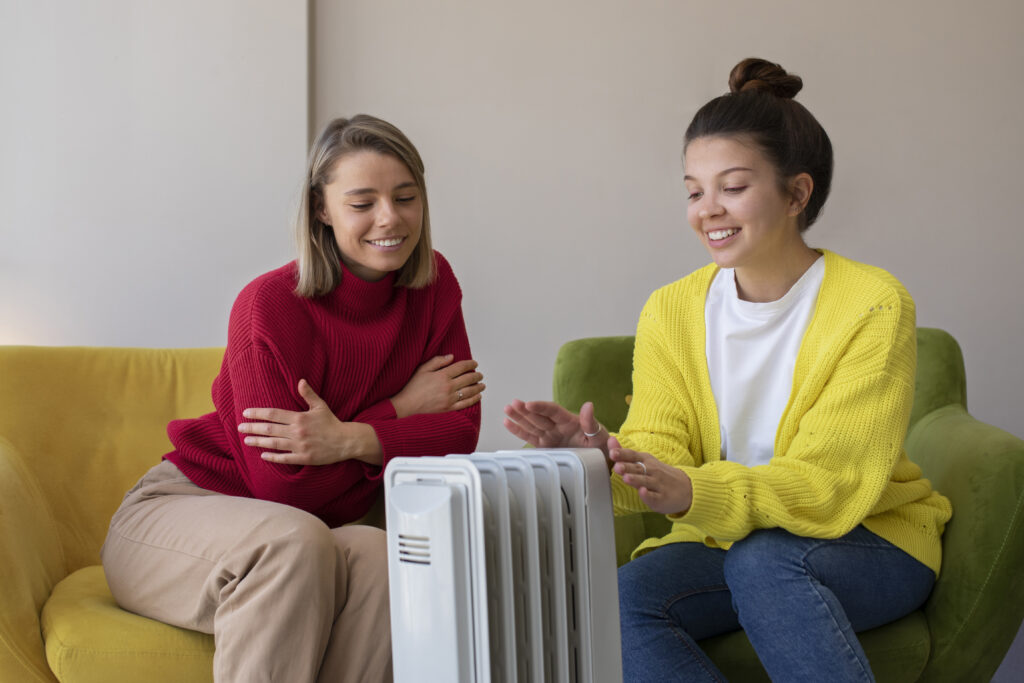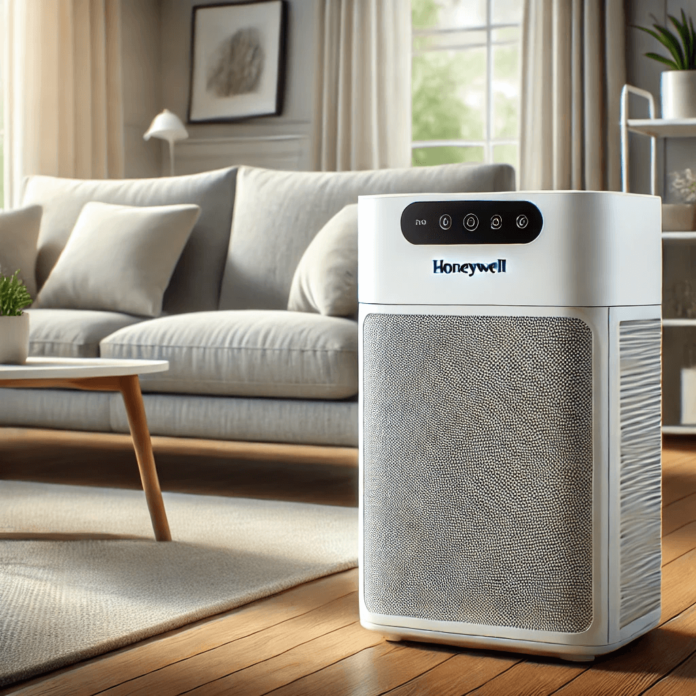Introduction
- 1. Reduces Allergies
- 2. Relieves Asthma Symptoms
- 3. Removes Harmful Chemicals
- 4. Neutralizes Unpleasant Odors
- 5. Enhances Sleep Quality
- 6. Reduces the Risk of Airborne Diseases
- 7. Eases Respiratory Issues
- 8. Protects Against Mold Spores
- 9. Improves Mental Focus
- 10. Supports Heart Health
- How to Choose the Right Air Purifier
- Health Benefits of Air Purifiers: Transforming Your Indoor Environment
- Conclusion
- FAQs
The health benefits of air purifiers go beyond just cleaner air—they enhance your overall well-being by reducing allergens, pollutants, and harmful particles in your indoor environment. From relieving allergy symptoms to improving sleep quality, air purifiers create a healthier space for you and your family. These devices trap dust, pollen, pet dander, and even bacteria, making them essential for those with respiratory issues or sensitivities. In this guide, we’ll dive into how air purifiers contribute to better health and why they’re a valuable addition to any home.
Indoor air quality directly impacts your overall health and well-being. With pollutants, allergens, and harmful particles present in the air, using an air purifier has become essential for maintaining a clean and healthy environment. In this guide, we explore 10 significant health benefits of using an air purifier and how it can improve your quality of life.
1. Reduces Allergies
Air purifiers with HEPA filters capture allergens like dust mites, pollen, and pet dander. These particles are common triggers for allergies, causing sneezing, runny noses, and itchy eyes. By removing these irritants, air purifiers help allergy sufferers breathe easier and experience fewer symptoms.
Pro Tip:
Choose an air purifier with a high Clean Air Delivery Rate (CADR) for effective allergen removal.
2. Relieves Asthma Symptoms
For asthma sufferers, airborne irritants such as dust, smoke, and mold can exacerbate symptoms. Air purifiers equipped with HEPA filters and activated carbon layers remove these particles, reducing the likelihood of asthma attacks.
Real-Life Example:
Studies have shown that using an air purifier in bedrooms significantly reduces nighttime asthma symptoms, promoting better sleep.
3. Removes Harmful Chemicals
Air purifiers with activated carbon filters effectively remove volatile organic compounds (VOCs) emitted by household products, cleaning agents, and paint. These chemicals can cause headaches, dizziness, and long-term health issues if inhaled regularly.
4. Neutralizes Unpleasant Odors
Cooking smells, pet odors, and smoke can linger in your home, creating an unpleasant environment. Air purifiers with odor-absorbing filters neutralize these smells, ensuring your space always smells fresh.
Quick Tip:
Opt for air purifiers with dual filtration (HEPA and carbon filters) for maximum odor control.
5. Enhances Sleep Quality
Poor air quality can disrupt sleep by causing congestion, irritation, or sneezing. Air purifiers remove allergens and pollutants, creating a cleaner environment that promotes restful sleep.
Why It Matters:
Better sleep improves overall health, boosts immunity, and enhances mental clarity.
6. Reduces the Risk of Airborne Diseases
Airborne diseases like colds and flu spread through tiny particles in the air. Air purifiers trap these particles, reducing the chances of illness spreading among family members.
Did You Know?
Some advanced air purifiers feature UV-C technology that kills bacteria and viruses, offering an extra layer of protection.
7. Eases Respiratory Issues
For those with chronic respiratory conditions like COPD, clean air is vital. Air purifiers eliminate fine particles like smoke and dust that can irritate airways and lungs.
8. Protects Against Mold Spores
Mold thrives in damp environments and can release spores that affect indoor air quality. HEPA-equipped air purifiers trap these spores, preventing them from circulating and causing respiratory issues.
9. Improves Mental Focus
Cleaner air enhances oxygen flow to the brain, improving concentration, memory, and mental performance. This is particularly beneficial for students and professionals working in enclosed spaces.
Bonus Insight:
Using an air purifier in your home office can reduce fatigue and increase productivity.
10. Supports Heart Health
Prolonged exposure to air pollution has been associated with an increased risk of heart disease. By filtering out harmful particles like PM2.5 and PM10, air purifiers can reduce cardiovascular risks and support overall heart health.
How to Choose the Right Air Purifier
Identify Your Needs:
- For allergies or asthma, prioritize HEPA filters.
- For odors and VOCs, look for activated carbon filters.
Consider Room Size:
Ensure the air purifier matches the size of your room for optimal performance.
Check Additional Features:
- Noise levels for quiet operation.
- Advanced smart features such as app connectivity and real-time air quality tracking.
Health Benefits of Air Purifiers: Transforming Your Indoor Environment

The health benefits of air purifiers are undeniable, especially for those dealing with allergies, asthma, or poor indoor air quality. These devices are designed to eliminate airborne pollutants, creating a cleaner and healthier living space.
- Relieves Allergies and Asthma Symptoms: By trapping dust, pollen, and pet dander, air purifiers reduce triggers that cause sneezing, congestion, and irritation.
- Reduces Airborne Diseases: High-efficiency filters capture bacteria and viruses, minimizing the spread of illnesses within your home.
- Improves Sleep Quality: Cleaner air promotes better breathing, leading to deeper, more restful sleep.
- Enhances Overall Respiratory Health: By removing harmful particles like smoke and VOCs, air purifiers support long-term lung health.
Conclusion
Air purifiers are more than just gadgets; they’re a necessity for maintaining health and well-being. From reducing allergies and asthma symptoms to enhancing sleep and protecting against airborne diseases, the benefits of using an air purifier are undeniable. Investing in a premium air purifier ensures a cleaner, healthier, and more comfortable home environment for you and your loved ones. The health benefits of air purifiers extend far beyond improving air quality. These devices play a crucial role in reducing allergens, eliminating harmful pollutants, and promoting overall respiratory health. Whether you’re battling seasonal allergies, or asthma, or simply want to ensure a cleaner indoor environment, air purifiers provide a reliable solution for maintaining well-being. By investing in the right air purifier, you create a healthier, safer space for yourself and your loved ones. Clean air isn’t just a luxury—it’s a necessity for a better quality of life.
FAQs
How often should I replace air purifier filters?
Replace HEPA filters every 6–12 months and carbon filters as needed.
Can air purifiers eliminate cigarette smoke?
Yes, models with activated carbon filters are effective at removing smoke and odors.
Are air purifiers safe to use around pets?
Absolutely! Air purifiers help remove pet dander and odors, benefiting both humans and animals.
Do air purifiers increase energy consumption?
Look for Energy Star-certified models for energy-efficient operation.
Where should I place my air purifier?
Position it in high-traffic areas or rooms where you spend the most time, like bedrooms or living rooms.














